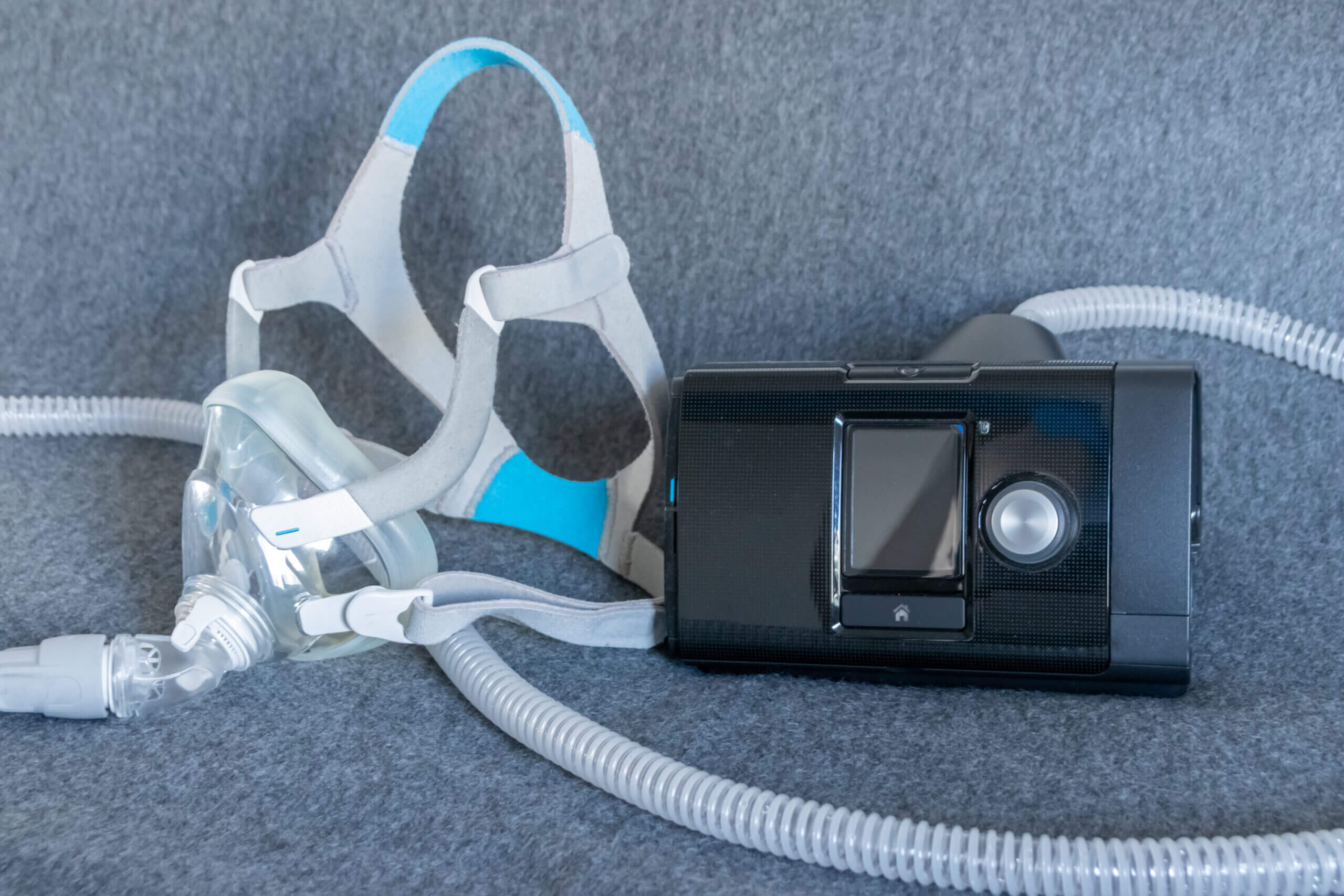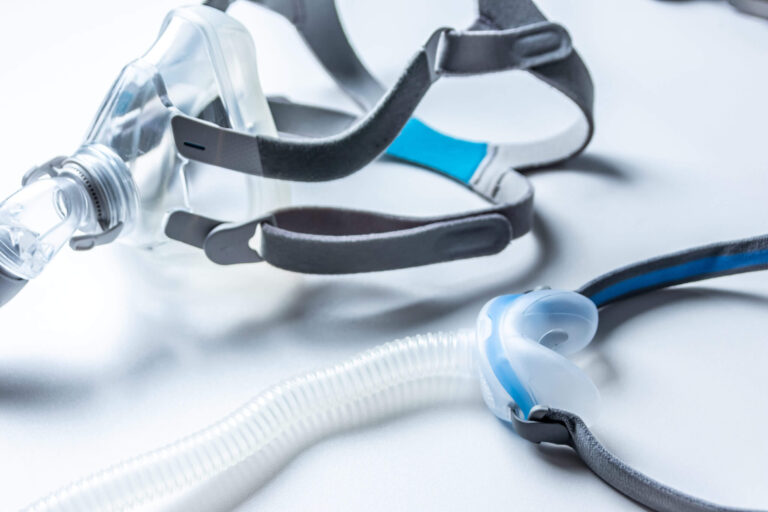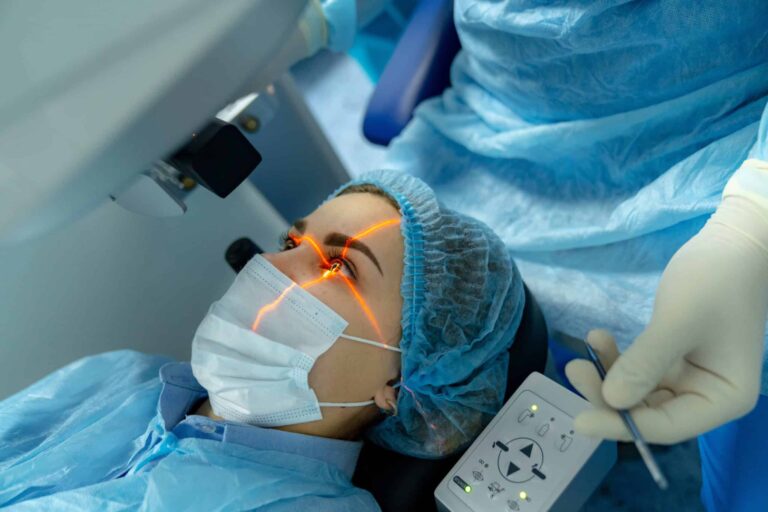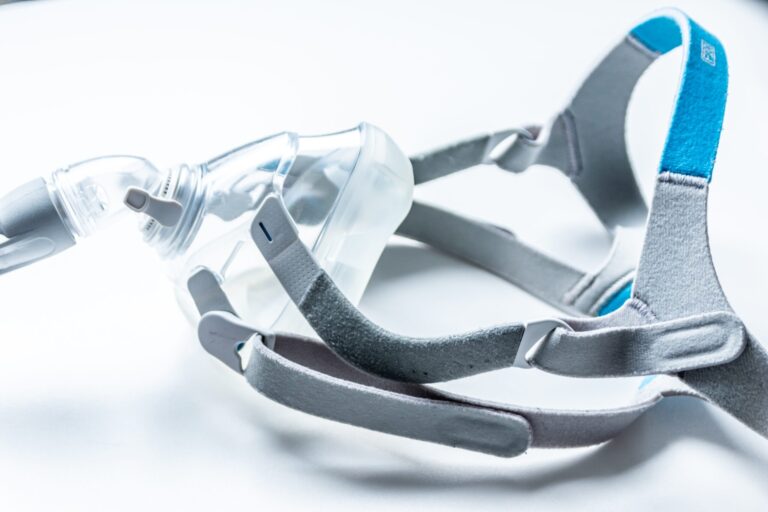The Importance of CPAP Mask Replacement: Signs It’s Time for a New One
If you’re one of the millions of people who rely on a CPAP machine to manage sleep apnea, you know just how crucial a functional mask is. The CPAP mask serves as the interface between the machine and your airways, ensuring a steady flow of pressurized air to keep your breathing regular throughout the night.
Understanding the Role of a CPAP Mask
Before we delve into the signs that indicate it’s time to buy CPAP mask online to replace existing ones, let’s first understand its function. The primary role of a CPAP mask is to deliver pressurized air from the machine to your airways, preventing interruptions in your breathing while you sleep.
The Function of a CPAP Mask
A CPAP mask acts as a seal, covering your nose, mouth, or both, to ensure that the pressurized air is directed appropriately. It works in conjunction with the machine to provide continuous positive airway pressure, which helps to keep your airways open and reduces the occurrences of apnea episodes.
Moreover, the design of CPAP masks has evolved over the years to cater to different preferences and needs. From full-face masks that cover both the nose and mouth to nasal masks that fit over the nose, there are various options available. Some masks even come with features like adjustable straps, cushioning for added comfort, and anti-asphyxia valves for safety.
Why Regular Maintenance is Crucial
Just like any other medical device, your CPAP mask needs regular maintenance to keep it in optimal working condition. Over time, the mask may develop wear and tear, compromising its efficiency and possibly your comfort. That’s why staying vigilant and recognizing the signs of deteriorating performance is essential.
Additionally, proper cleaning and care of your CPAP mask can also contribute to its longevity and performance. Regularly washing the mask with mild soap and water, ensuring all components are completely dry before reassembling, and replacing worn-out parts promptly can make a significant difference in how well your CPAP mask functions.
The Lifespan of a CPAP Mask
On average, a CPAP mask will last between six to nine months. Various factors can affect the lifespan of your mask, including the quality of the materials, frequency of use, and how well you maintain it.
When considering the lifespan of your CPAP mask, it’s essential to understand that the type of mask you choose can also play a significant role. Full-face masks, nasal masks, nasal pillow masks, and oral masks all have different durability levels. Full-face masks, for example, tend to have a longer lifespan due to their sturdier design and less contact with facial oils compared to nasal masks.
Average Duration of a CPAP Mask
The average lifespan of a CPAP mask is primarily influenced by the amount of use it receives. If you use your CPAP machine every night for several hours, your mask may need replacement sooner than someone who uses it less frequently.
Moreover, the quality of the materials used in the manufacturing of CPAP masks can vary between brands and models. Masks made from higher-quality silicone or gel materials are likely to last longer and provide a more comfortable fit over time, ultimately affecting the overall lifespan of the mask.
Factors Affecting the Lifespan of Your Mask
Several factors can influence how long your CPAP mask will last. These include the type of mask you use, how well you clean and care for it, the oiliness of your skin, and even the climate you live in. It’s important to be mindful of these factors and pay attention to any changes in the performance of your mask.
Additionally, the frequency and method of cleaning your CPAP mask can significantly impact its longevity. Regularly washing your mask with mild soap and water, as well as following the manufacturer’s cleaning instructions, can help prevent premature wear and tear. Factors such as exposure to direct sunlight or extreme temperatures can also degrade the materials of the mask faster, shortening its lifespan.
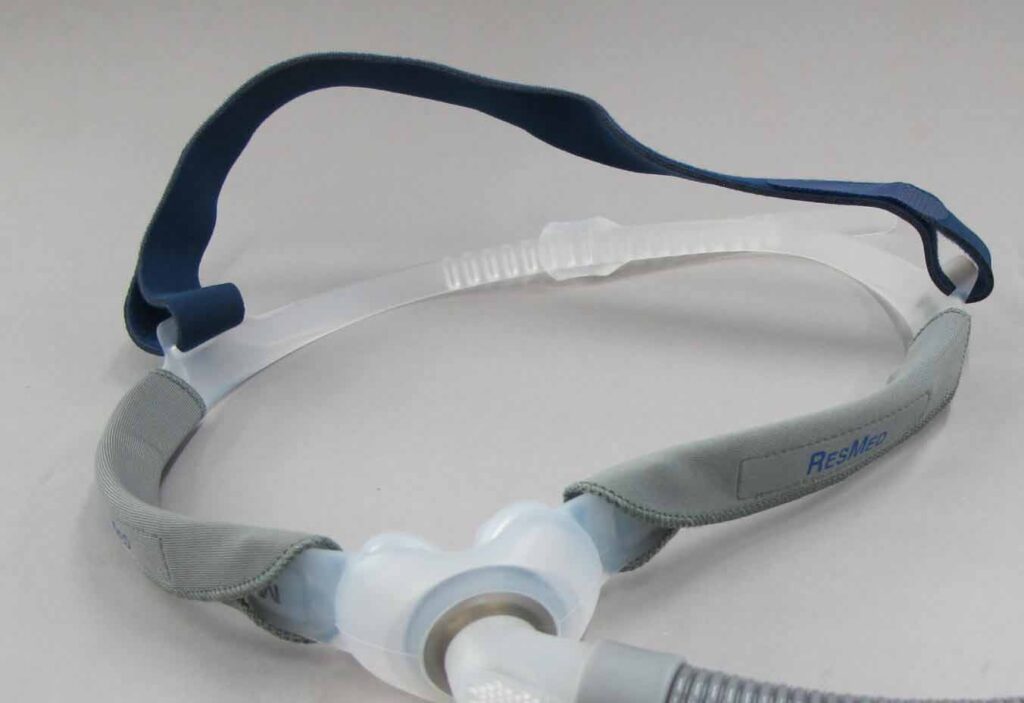
Recognizing the Signs of Wear and Tear
Knowing when it’s time to replace your CPAP mask can help you avoid potential problems and ensure that you’re receiving the optimal therapy. Here are some indicators that your mask may be due for a replacement:
Regularly inspecting your CPAP mask is crucial in maintaining effective therapy. Beyond just functionality, the condition of your mask can impact your comfort and overall treatment success. By paying attention to the signs of wear and tear, you can proactively address any issues before they escalate.
Physical Indicators Your Mask Needs Replacing
Inspect your mask regularly for signs of physical wear and tear. Cracks or tears in the mask cushion or headgear, broken straps, or deteriorating material are all indications that it’s time for a new mask. Ignoring these signs can lead to leaks, discomfort, or even ineffective treatment.
Additionally, be mindful of any discoloration or unusual odors coming from your mask, as these could signal bacterial growth or material breakdown. Maintaining a clean and hygienic CPAP mask is essential for your respiratory health and the longevity of your equipment.
Changes in Comfort and Fit
Your CPAP mask should fit securely but comfortably against your face. If you notice that the fit has become loose or that it no longer remains in place throughout the night, it may be a sign that your mask has lost its ability to create an effective seal. A loose mask can result in air leaks, reducing the effectiveness of your therapy.
Moreover, pay attention to any red marks, indentations, or skin irritation caused by the mask, as these issues can indicate improper fit or the need for a different cushion size. Ensuring proper mask fit is not only crucial for therapy efficacy but also for your overall sleep quality and comfort.
The Risks of Using a Worn-Out CPAP Mask
Using a worn-out CPAP mask can have detrimental effects on your sleep quality and overall health. It’s crucial to understand why timely replacement is necessary to avoid potential risks.
When considering the impact of a worn-out CPAP mask, it’s important to delve into the details of how it can affect your nightly rest. As the mask deteriorates, it may not fit as snugly on your face, leading to air leaks that can disrupt the continuous flow of air to your airways. These interruptions can cause fragmented sleep patterns, reducing the overall quality of your rest. Consequently, you may experience increased daytime sleepiness, irritability, and a lack of concentration, all of which can significantly impact your daily life.
Impact on Sleep Quality
A mask that no longer functions optimally can lead to air leaks, which can cause disturbances in your sleep. These interruptions may reduce the effectiveness of your treatment, potentially leading to daytime sleepiness, fatigue, and even an increased risk of accidents.
Moreover, the discomfort caused by an ill-fitting or deteriorating CPAP mask can lead to subconscious adjustments during sleep, such as shifting positions frequently to alleviate pressure points or tightening the mask straps excessively. These actions can further disrupt your sleep, preventing you from reaching the deep, restorative stages essential for overall health and well-being.
Potential Health Implications
A worn-out CPAP mask may not deliver the appropriate level of pressure required to keep your airways open effectively. This can result in untreated apnea episodes, which can contribute to a range of health problems, including cardiovascular issues, high blood pressure, and decreased cognitive function.
Furthermore, inadequate air pressure due to a worn-out mask can lead to increased stress on your cardiovascular system as your body struggles to maintain oxygen levels during sleep. This added strain can exacerbate existing conditions such as hypertension and potentially increase the risk of heart disease over time. Additionally, untreated sleep apnea has been linked to cognitive impairments, including difficulties with memory, concentration, and decision-making, highlighting the importance of addressing mask wear and tear promptly.
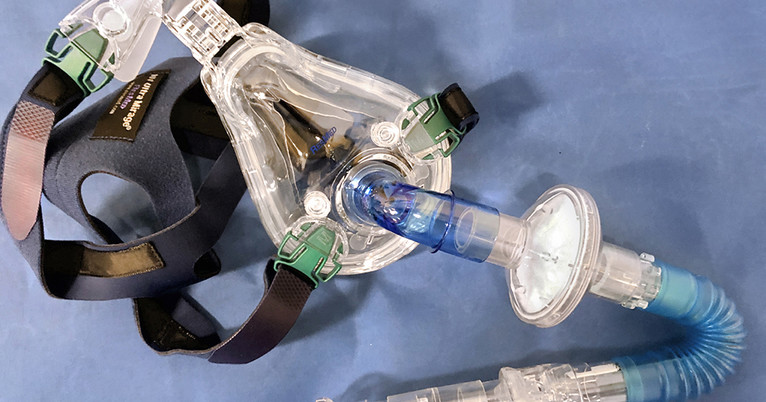
Steps to Properly Replace Your CPAP Mask
When it’s time to replace your CPAP mask, following a few simple steps can help ensure a smooth transition to a new one. Consider these tips to make the process easier:
Replacing your CPAP mask is a crucial aspect of maintaining effective sleep apnea therapy. Not only does a well-fitted mask enhance comfort and compliance, but it also plays a significant role in the overall success of your treatment. Understanding the nuances of selecting and transitioning to a new mask can make a world of difference in your sleep quality and overall well-being.
Choosing the Right Replacement Mask
It’s essential to select a new CPAP mask that suits your needs and preferences. There are various types of masks available, such as nasal masks, full-face masks, nasal pillow masks, and hybrid masks that combine features of different styles. Factors like your breathing patterns, facial structure, and comfort preferences should all be taken into account when choosing a replacement mask. Consult with your healthcare provider or a CPAP supplier to find the best option for you.
Moreover, technological advancements have led to innovations in CPAP mask designs, offering features like adjustable headgear, cushion materials that reduce skin irritation, and quieter exhalation ports. Considering these advancements can further enhance your CPAP experience and make the transition to a new mask smoother.
Tips for Smooth Transition to a New Mask
Transitioning to a new CPAP mask may take some time to adjust. Ensure you properly fit and adjust the headgear and cushion according to the manufacturer’s instructions. Experimenting with different adjustments, such as strap tension and mask angle, can help optimize the fit and seal of the mask. Gradually increase the usage time with your new mask to allow yourself time to adapt to the changes.
Furthermore, seeking support from online forums or CPAP user groups can provide valuable insights and tips from individuals who have gone through similar transitions. Sharing experiences and learning from others can offer emotional support and practical advice during this adjustment period.
By understanding the importance of CPAP mask replacement and recognizing the signs that indicate it’s time for a new one, you can continue to experience the full benefits of your CPAP therapy. Regularly monitoring and maintaining your mask is crucial for ensuring optimal treatment and a good night’s sleep.
Related: Tips for Adjusting to Your CPAP Mask

